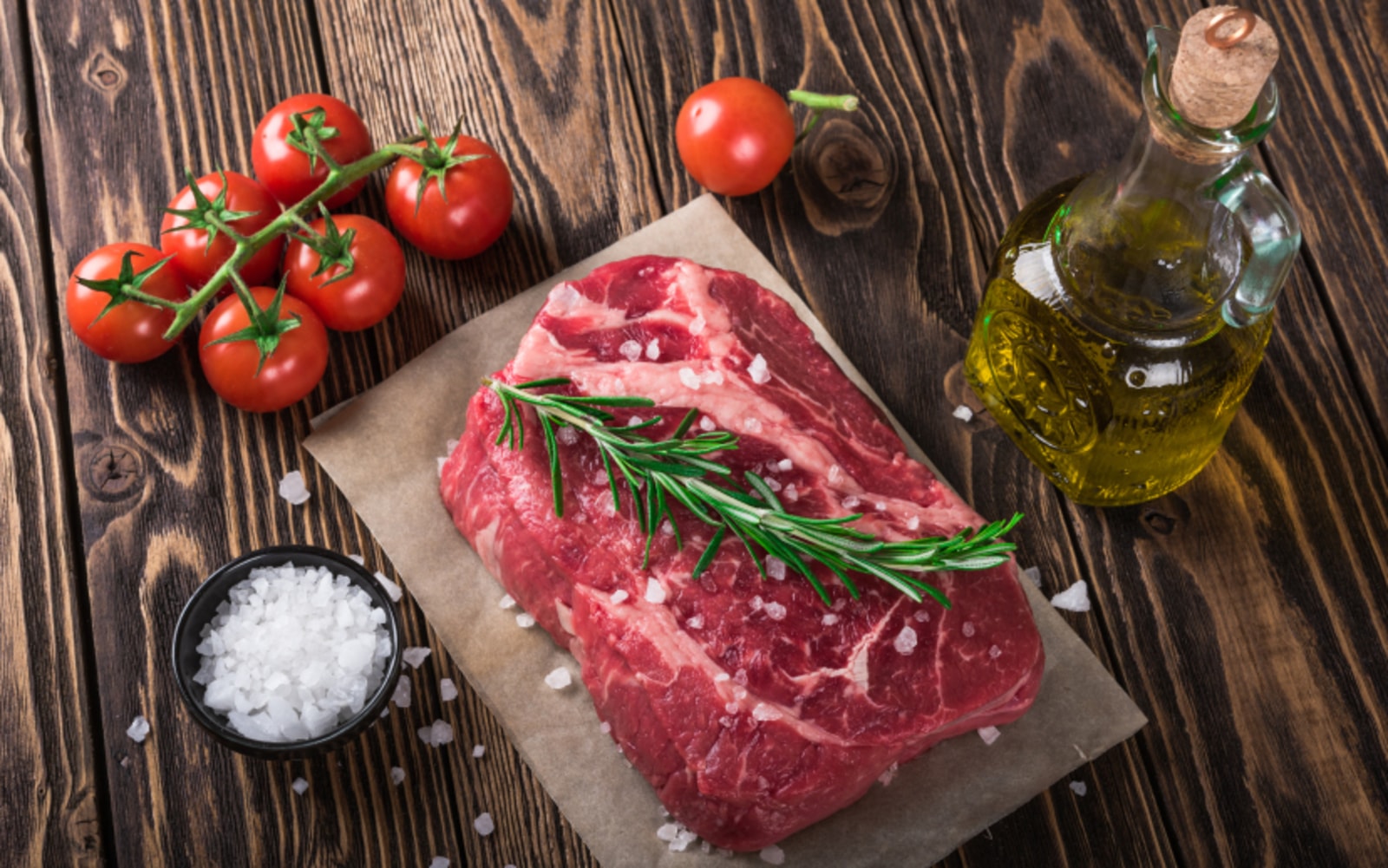Condé Nast affirms itself as the first Media Company to sign the UNFCCC's Fashion for Global Climate Action of the United Nations, as well as to commit itself to sustainable packaging in compliance with the New Plastics Economy Global Commitment
of the Ellen MacArthur Foundation
In addition to having established these new partnerships, the company will make public the estimates of its own carbon emissions and define the objectives of climate commitment.
Condé Nast will support environmental action in the fashion industry, taking on a more active and decisive role in the global climate movement.
LONDON / NEW YORK – November 21st 2019 – Condé Nast announces its commitment on a global scale to realize and encourage action on climate. Today, Condé Nast establishes itself as the first signing company of the Fashion Industry Charter for Climate Action and is determined to engage in sustainable packaging, in compliance with the New Plastics Economy Global Commitment of Ellen MacArthur Foundation. Through partnerships, new initiatives and transparent accountability objectives, the company aims to promote higher standards and systematic changes towards the greatest global emergency: climate change.
In addition to relying on new partnerships, Condé Nast will encourage climate action through its brands, followed by over a billion people worldwide, making its work and the entire fashion and communications sector the spokesmen for the change.
“Condé Nast brings together some of the most influential and iconic brands in the world. It is our duty to make the authority of these brands the means to raise awareness, establish terms of change and indicate solutions that ensure the awareness and involvement of both our audience and our industry in climate action, "says Roger Lynch, CEO of Condé Nast. "Similarly, it is our responsibility to conduct the business in the most sustainable way possible. We will therefore commit ourselves to keeping track of and disseminating our progress as we walk the road to more informed global citizenship. "
Condé Nast is the first media company to sign the Charter alongside other fashion industry players such as Inditex, Kering and Stella McCartney, recognizing the weight of the fashion industry on climate change and the need to achieve climate neutrality for the planet welfare. The fashion industry contributes to environmental issues, through waste of materials, water contamination and pollution.
In light of the principles of the Fashion Charter and the objectives of promoting climate action, Condé Nast will work with its partners in the sector to encourage consumers to sustainability, promoting behaviors that contribute to lightening the climate impact of the sector, such as the recycling of clothing, sustainable fashion and the use of innovative materials and technologies.

Condé Nast also signed the New Plastics Economy Global Commitment, launched in October 2018 by the Ellen MacArthur Foundation in collaboration with the United Nations Environment Program. In 2019, more than half of the assets owned by Condé Nast began to reduce the use of non-recyclable fossil plastic casings, both from copies distributed by subscription and at newsstands, with the aim of completely eliminating the use plastic or replace it with organic-based recycled materials. Moreover, in 2020 the company will implement the same measure for all its publications distributed in the United States. Finally, through the New Plastics Economy Global Commitment, Condé Nast undertakes to completely eliminate the use of non-recyclable fossil plastic from its products, in all its markets, by 2025.
In its journey towards more sustainable business practices, Condé Nast will set itself as an example by monitoring, disseminating and minimizing its ecological footprint. The first evaluation report will be published at the beginning of 2020 and will outline a guideline for the global sustainability plan, which will set thresholds for greenhouse gas emissions.
“Fashion has always been an expression of the great changes in society, as well as an integral part of the cultural debate. Its history makes it so influential. Now, it is the duty of designers, textile operators, fashion houses and journalists of the sector to reinvent, renew and revolutionize the concept of production and consumption in the fashion world. As the first global fashion publisher, Condé Nast is determined to be a spokesperson for the commitment to change. We absolutely need to achieve the Paris climate goals, "said Wolfgang Blau, global chief operating officer and international president of Condé Nast.
As part of a new commitment to respect the Charter and a broader Global Sustainability Strategy, Condé Nast will give voice and guide consumers towards a more sustainable lifestyle through its most influential brands, such as Vogue, GQ, Wired and AD .
"Today's Condé Nast announcement was pleasant news. Condé Nast is the first media outlet to join the Fashion Industry Charter: this gesture symbolizes its commitment to achieving the goals of the Paris Agreement and underlines the importance of participation in the cause of all sectors, "noted Patricia Espinosa, United Nations Climate Change Executive Secretary.
"As a global media company, the adhesion of Condé Nast will be decisive in disseminating information on the commitment to sustainability and the achievements made by the fashion industry, as well as to inform the world of the need for climate action timely and on a large scale.
Present in 31 markets worldwide, Condé Nast has a strong influence and is responsible for encouraging sustainability. Furthermore, having joined the Charter, it will be the spokesperson for more sustainable business practices and will collaborate with stakeholders in the sector, without giving up their own standards of excellence in the distribution of top quality content and experiences.
#ClimateAction # Fashion4Climate #ClimateChange #ClimateAmbition #Sustainability #ParisAgreement
Twitter @UNFCCC Facebook @UNclimatechange Instagram @unfccc LinkedIn: @UNFCCC Youtube: UN Climate Change
In the opening photo: Roger Lynch, CEO of Condé Nast. Photo Credit Nicol Biesek.
